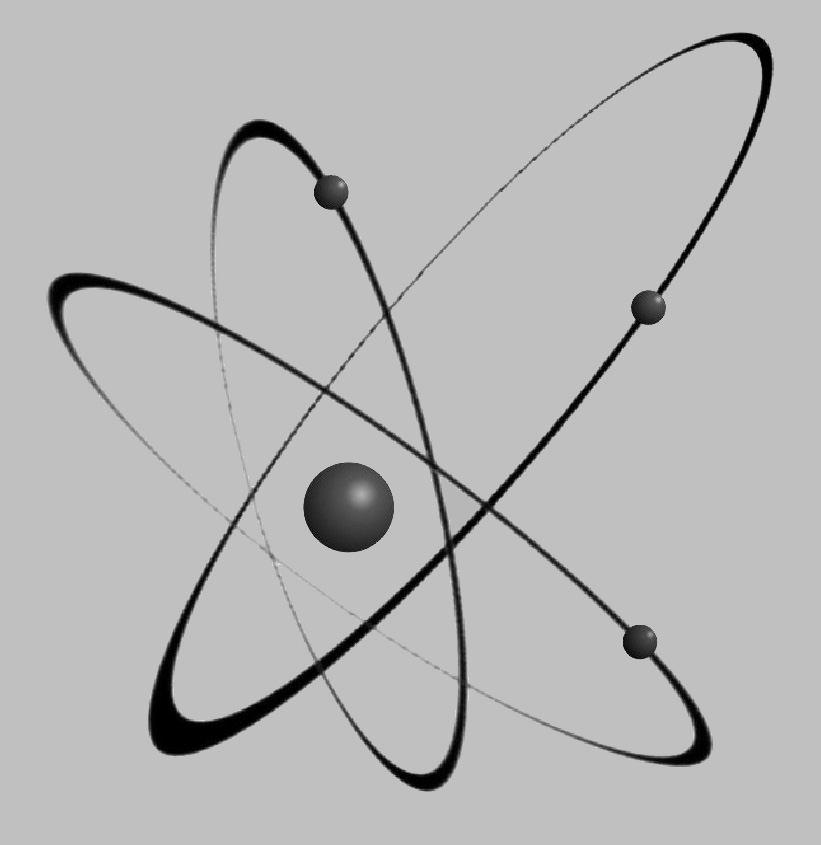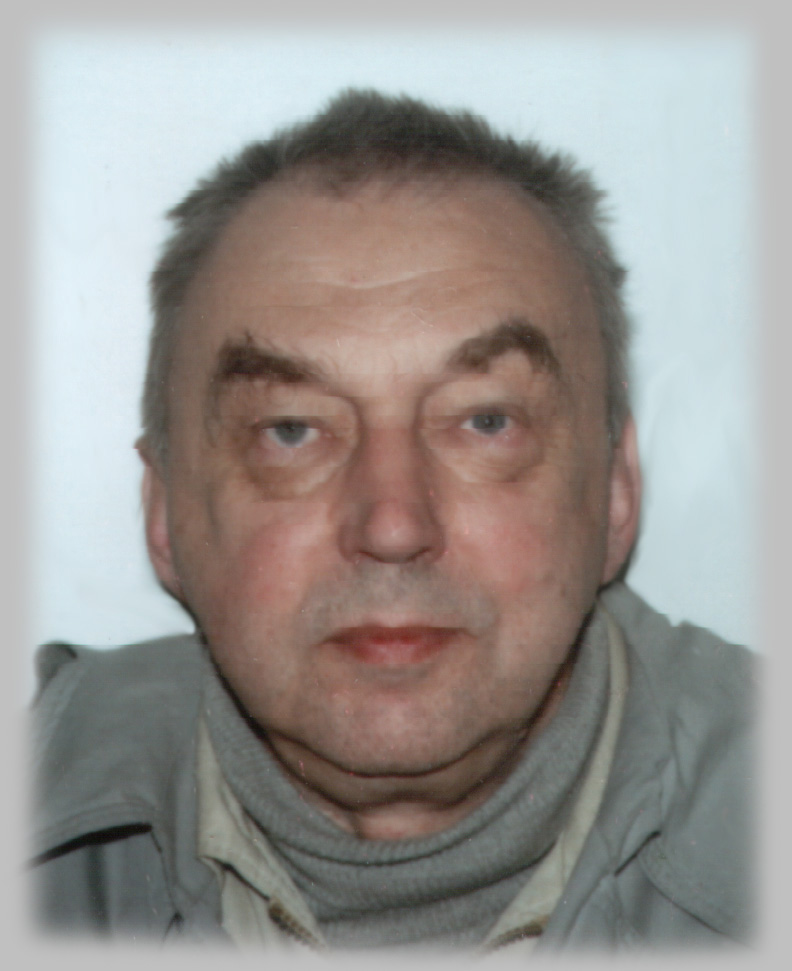N I C O L A I  P O P O V
P O P O V
Doctor in Physics and Mathematics
 |
Nicolai Popov is doctor in physics and mathematics with 40 length of service of scientific work in physical centres of USSR (later Russia) and Germany.
Nicolai Popov was born on March 17, 1934 in Leningrad (now St. Petersburg).
Receiving a silver medal from his secondary school in 1952, Nicolai Popov pursued physics studies at Leningrad Politechnical Institute, where he earned a Barchelor of Science degree in 1958. He joined the Theory Division of the Ioffe Physico-Technical Institute in Leningrad. He developed methods of theoretical description of the particle-correlation effects in beta decay and muon capture processes and discovered the photon-neutrino correlation in the nuclear muon capture; the correlation was later found experimentally in USA (College of William & Mary). Ioffe Physico-Technical Institute awarded him a Philosophy Doctorate (Ph.D.) in theoretical physics in 1966.
He was employed by the Leningrad Nuclear Physics Institute from 1971 to 1990, rising from junior scientist to leading scientist. He calculated the deep-inelastic structure functions within framework of various field-theory models and the fine structure of omega-hyperon atoms. However, the main sphere of his scientific interests was connected with mesic atomic processes. He discovered a new mechanism of the muon transfer from the mesic hydrogen to another nucleus; the mechanism has been confirmed by experimental studies of the hydrogen-helium mixtures in laboratories of USA, Japan, Switzerland, Austria and Russia. He predicted a pronounced effect of the atomic electron shell on the elastic scattering of the mesic hydrogen atoms. These theoretical physics studies earned him a Doctorate of Science (D.Sc.) of physics and mathematics from Leningrad Nuclear Physics Institute in 1984.
He was employed by Ludwig-Maximilians-Universität München from 1992 to 2000. He predicted a pronounced effect of the possible neutrino mass on the neutrino polarization in the nuclear muon capture and calculated relativistic and meson exchange effects in the muon capture. He calculated T-odd correlations in muon capture taking into account possible T-violation in nucleus. The consideration of nonzero neutrino mass with simultaneous T-violation is very important due to the possible modification of the neutrino oscillations. He calculated the rates of nuclear fusion reactions in asymmetric muonic molecules and kinetics of excited muonic hydrogen taking into account whole mesic atomic cascade, being important for experiments realized in Paul Scherrer Institute (PSI, Switzerland). He was awarded by the Volkswagen-Stiftung Grant for 1996-97.
He collaborates with Faculty of Physics and Applied Computer Science, University of Science and Technology (AGH, Cracow, Poland) for theoretical and experimental research of mesic atomic processes with formation of asymmetric muonic molecules.
He collaborates with Joint Institute for Nuclear Research, Dubna, Russia for experimental investigation of mesic atomic processes as well as the radiative capture of thermal neutrons in 3He.
His collaboration with Petersburg Nuclear Physics Institute was connected with possible observation of collinear three-body nuclear configurations in disintegrations induced in Tungsten nuclei by 1 GeV protons.
He wrote more than 150 articles published in Physical Review A, Physics Letters A, B, Zeitschrift für Physics C, D, Journal of Physics B, G, Nuclear Physics, Hyperfine Interactions, European Physical Journal D, Nuovo Cimento D, Kerntechnik, Acta Physica Polinica A, B, Postepy Fizyki etc., and in the books High-Energy Physics and Nuclear Structure, N.Y., 1970 and Exotic Atoms in Condenced Matter, (Eds.) G. Benedek and H.Schneuwly, Springer-Verlag, 1992 etc.
Some Ph.D. and D.Sc. theses of younger colleagues (e.g. in Poland, Belgium, USA etc.) were prepared during his work
He prepared in collaboration with colleague in Germany mathematical book „Abiturprüfung in Mathematik an deutschen Gymnasien“ (in German, 2003) for potential pretenders to university education.
He was a member of Scientific Council of the High-Energy Physics Laboratory (1972-80) and Scientific Council of the Theoretical Department (1985-88) of Leningrad Nuclear Physics Institute.
He was a member of the New York Academy of Sciences (1995-2000), American Association for the Advancement of Science (1994-2000) and International Society for Human Rights (1995 – up to now).
He emigrated with his family (wife and son) from USSR to Germany in 1990. During the cold war his absence from Western meetings testified to an independent spirit.
His participation in International Physical Conferences in UK, Italy, Austria, Sweden, USA, Belgium etc. became to be possible only since 1989 especially after his immigration. He participated in Active Intellectual Unification Perestroika in 1989-90. However, he understood that further possible reforms in the USSR (later Russia) will not depend on intellectuals.
Tel./ Fax: +49 (0)8141 539610
Mobil: +49 0177 7190 854
E-mail: Nikolai.popov@physik.uni-muenchen.de